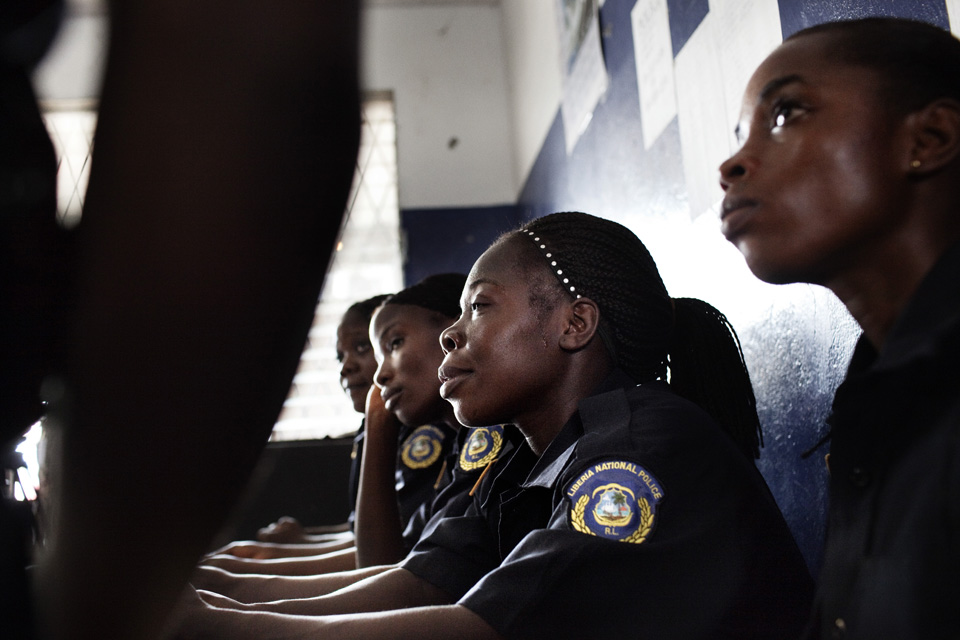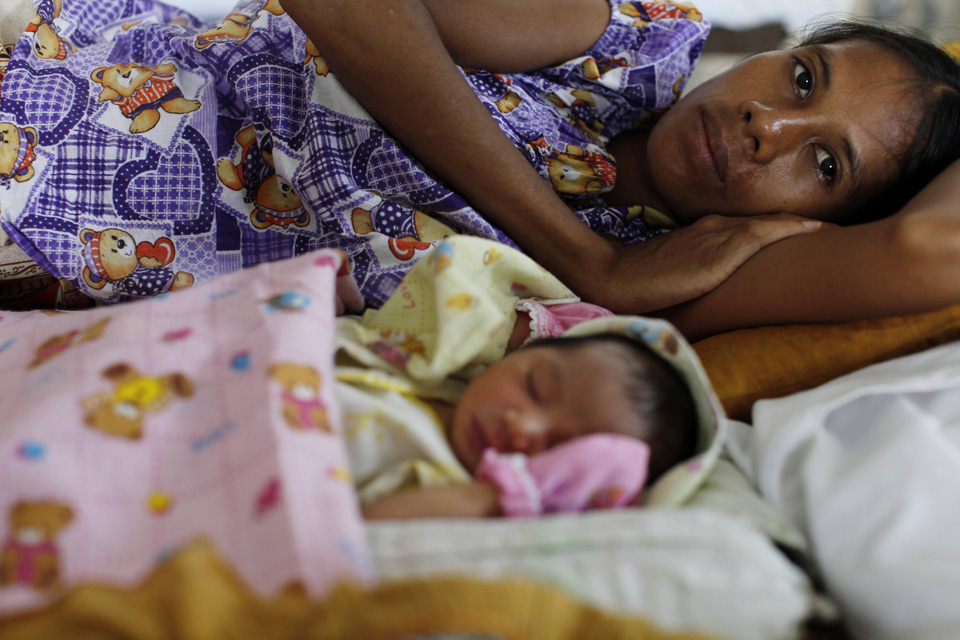2010 State of World Population UNFPA Report
Table of Contents
New UNFPA Report Links Peace, Security and Development to Women’s Rights and Empowerment
From conflict and crisis to renewal: generations of change
Ten years ago, the United Nations Security Council passed a landmark resolution calling on governments to protect women from rape during war time and to tap the power of women to keep the peace and rebuild societies once the fighting has stopped.
Has the resolution made any difference in the struggle against gender-based violence? Are women in war-torn countries faring any better today than they were a decade ago? Do women finally have a place at the table in peace negotiations and in reconstruction?

New Report
The State of World Population 2010, released 20 October by United NationsFPA, the United Nations Population Fund, shows what has been accomplished in places affected by ongoing conflicts or by military occupation. It also highlights the special challenges of countries that have endured both political instability and natural disaster.
And it argues that when women have access to the same rights and opportunities as men, they are more resilient to conflict and disaster and can lead reconstruction and renewal efforts in their societies.
| Official Trailer of the 2010 State of World Population Report |
|---|
| 624931993001|350[/DoubleBrace] |
The report’s release coincides with the 10th anniversary of the United Nations Security Council’s landmark United Nations Security Council Resolution 1325, which aimed to put a stop to sexual violence against women and girls in armed conflict and to encourage greater participation by women in peacebuilding initiatives.
Through the stories of individuals affected by conflict or catastrophe in Bosnia and Herzegovina, Haiti, Iraq, Jordan, Liberia, the Occupied Palestinian Territory, Timor-Leste and Uganda, the report shows how communities and civil society are healing old wounds and moving forward. However, more still needs to be done to ensure that women have access to services and have a voice in peace deals or reconstruction plans.
Feature Stories
Dealing With a Legacy of Rape and Torture in Bosnia and Herzegovina
SARAJEVO, Bosnia and Herzegovina — Enisa grew up in Foca, a town in eastern Bosnia and Herzegovina, where she enjoyed carefree days as a child and young adult strolling by the Drina river. In the town, where people of different religions and ethnicities lived together in peace, she studied social work, learned to dance, and fell in love with a childhood friend, whom she married and had two daughters with. She and her husband never imagined that their pleasant world would be shattered by the violence that was beginning to envelop other parts of the country in the early 1990s. Read more
Breakdancing for Peace and Positive Change in Northern Uganda
GULU, Northern Uganda — During two decades of conflict, many of the young men and women from this commercial capital were forcibly conscripted by the rebel Lord’s Resistance Army. Girls were often abducted to become sex slaves and servants of its leaders and troops. Children witnessed or survived unspeakable acts of violence. Families and communities were decimated. A breakdance project in Uganda encourages girls to participate as a way of building confidence and breaking stereotypes. Read more
More information
The full report in five languages, along with an arts and culture supplement, videos, photographs, and other resources are also available online.
See also
- United Nations Security Council Resolution 1325
- United Nations Security Council Resolution 1820
- United Nations Security Council Resolution 1888
- United Nations Security Council Resolution 1889
- Focus of the week 3-7 May : women, peace and security
- Gender and Peacebuilding Initiative
- Women and the Conflict in Afghanistan
- HIV/AIDS/AIDS, Women and Conflict
- Women and peace organisations


